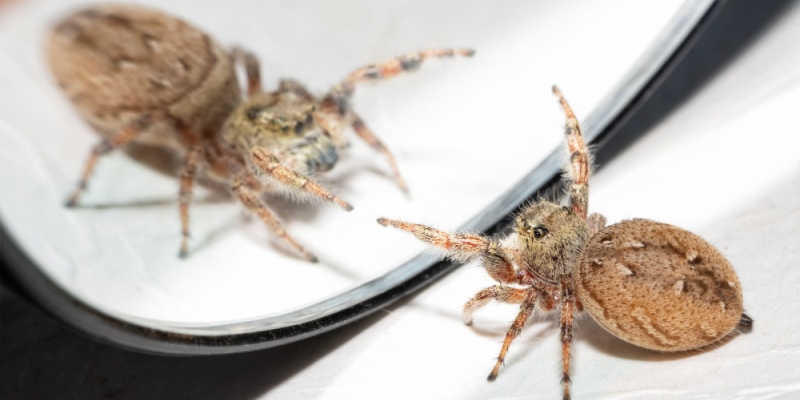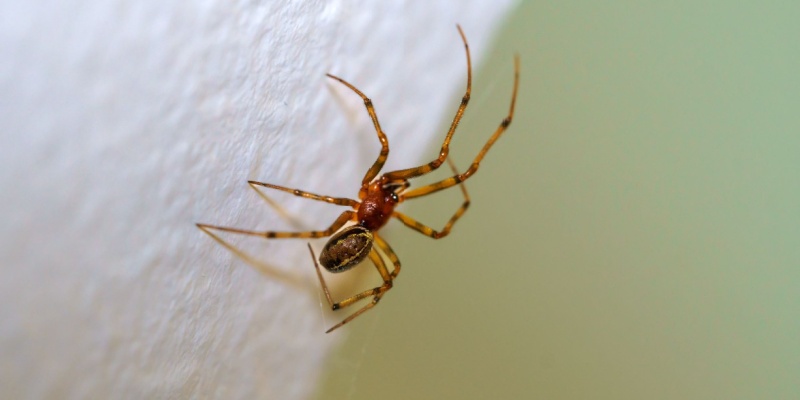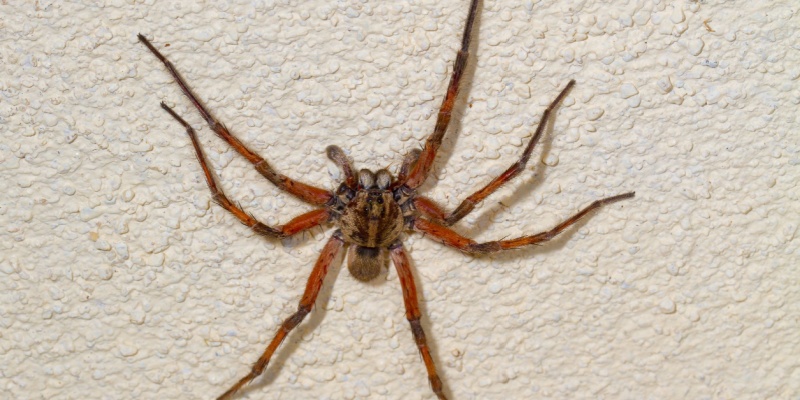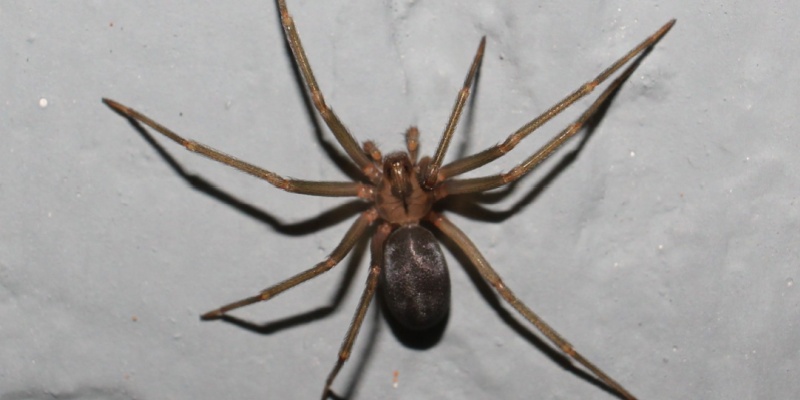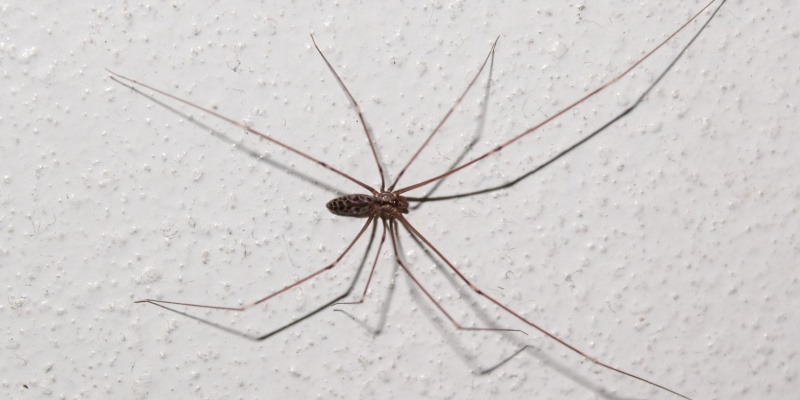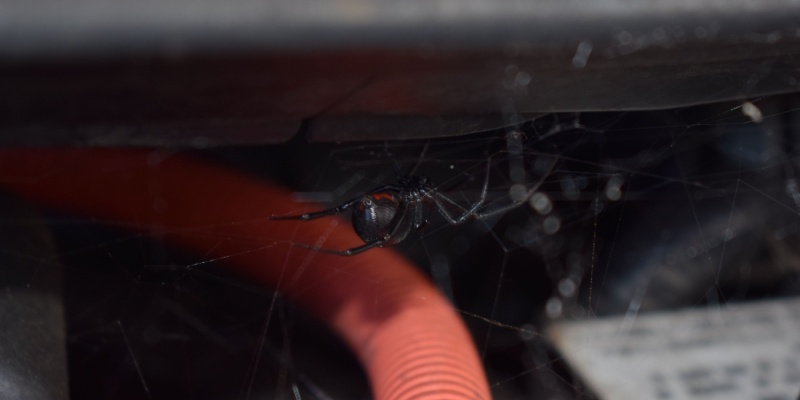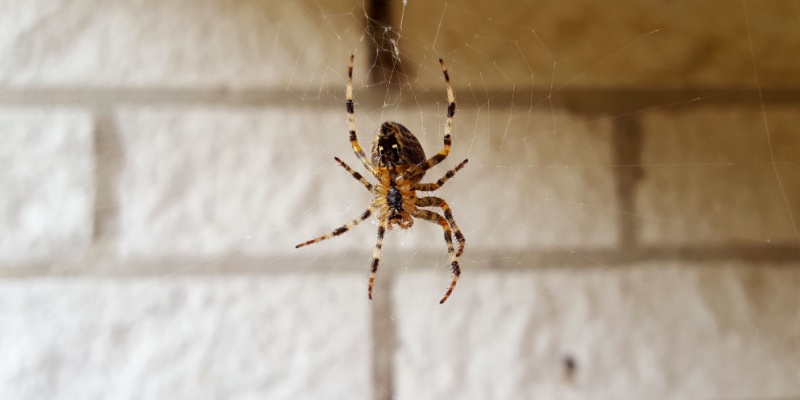Spiders are a common household pest, and while many species are harmless, their presence can be unsettling. Recognizing the signs of a spider infestation early can help you take action before the problem becomes severe. Here’s how to determine if you have a spider problem in your home:
Visible Webs and Egg Sacs
One of the most obvious signs of a spider infestation is the presence of webs. Different spider species create different types of webs, from the classic orb-shaped webs to messy cobwebs.
- Location: Look for webs in corners, ceilings, basements, attics, and other undisturbed areas.
- Egg Sacs: Spiders lay eggs in silk sacs, which are small, round, and often found in webs. Each sac can contain hundreds of eggs, leading to a larger infestation if not addressed.
Live Spider Sightings
Frequent sightings of live spiders, especially in large numbers, are a strong indication of an infestation. Pay attention to:
- Common Areas: Spiders are often found in basements, attics, crawl spaces, and dark corners.
- Species: Identifying the species can help determine the severity of the problem. For example, sightings of venomous spiders like brown recluses or black widows require immediate action.
Spider Droppings
Spider droppings appear as small, dark, ink-like spots on surfaces such as walls, floors, and window sills. These droppings can be an indication of a significant spider presence.
High Insect Activity
Spiders prey on other insects, so a high number of insects in your home can attract spiders. If you notice an increase in insect activity, it’s likely that spiders will follow.
Frequent Encounters
Regular encounters with spiders throughout your home suggest that they are breeding and establishing themselves indoors. This is particularly concerning if you’re finding spiders in areas where they haven’t been seen before.
Confirming and Addressing the Issue
- Inspect Hidden Areas: Check behind furniture, inside closets, under beds, and in other hidden spaces where spiders may be hiding. Use a flashlight to help spot spiders in dark, hard-to-reach places.
- Use Sticky Traps: Place sticky traps around your home to catch spiders. These traps can help you monitor spider activity and identify hotspots that need attention.
- Monitor Activity Patterns: Note the time of day and frequency of spider sightings to understand their activity patterns. Spiders are typically more active at night, so increased sightings during this time may indicate an infestation.
- Seek Professional Help: If you’re unsure about the extent of the infestation or encounter venomous spiders, it’s best to contact a pest control professional. They can provide a thorough inspection, identify the species involved, and recommend an effective treatment plan.
Preventive Measures
1. Regular Cleaning: Keep your home clean and free of clutter to reduce hiding spots for spiders. Regularly vacuum and dust, paying special attention to corners, under furniture, and around windows and doors.
2. Seal Entry Points: Inspect your home for any cracks, gaps, or openings that spiders can use to enter. Seal these entry points with caulk or weather stripping. Ensure that windows and doors close tightly and that screens are in good repair.
3. Reduce Outdoor Attractants: Maintain your yard by trimming bushes, removing debris, and keeping firewood stacks away from the house. Outdoor lighting can attract insects, which in turn attract spiders, so consider using yellow or sodium vapor lights that are less attractive to bugs.
4. Use Natural Repellents: Essential oils such as peppermint, eucalyptus, and tea tree oil are known to repel spiders. Mix a few drops of these oils with water in a spray bottle and apply it to potential entry points and hiding spots. Vinegar and chestnuts are also natural deterrents that can be used around the home.
When to Seek Professional Help
If you encounter venomous spiders like brown recluses or black widows, or if you have a large infestation, it’s best to seek professional pest control services. Experts can provide a thorough inspection, effective treatment, and preventive advice to ensure your home remains spider-free.
Identifying a spider problem involves recognizing signs such as visible webs, egg sacs, live spider sightings, droppings, and frequent encounters. By taking preventive measures like regular cleaning, sealing entry points, and reducing outdoor attractants, you can manage and prevent spider infestations. For severe or venomous infestations, professional pest control services offer the most effective and safest solutions. Regular monitoring and maintenance are key to keeping your home spider-free.
